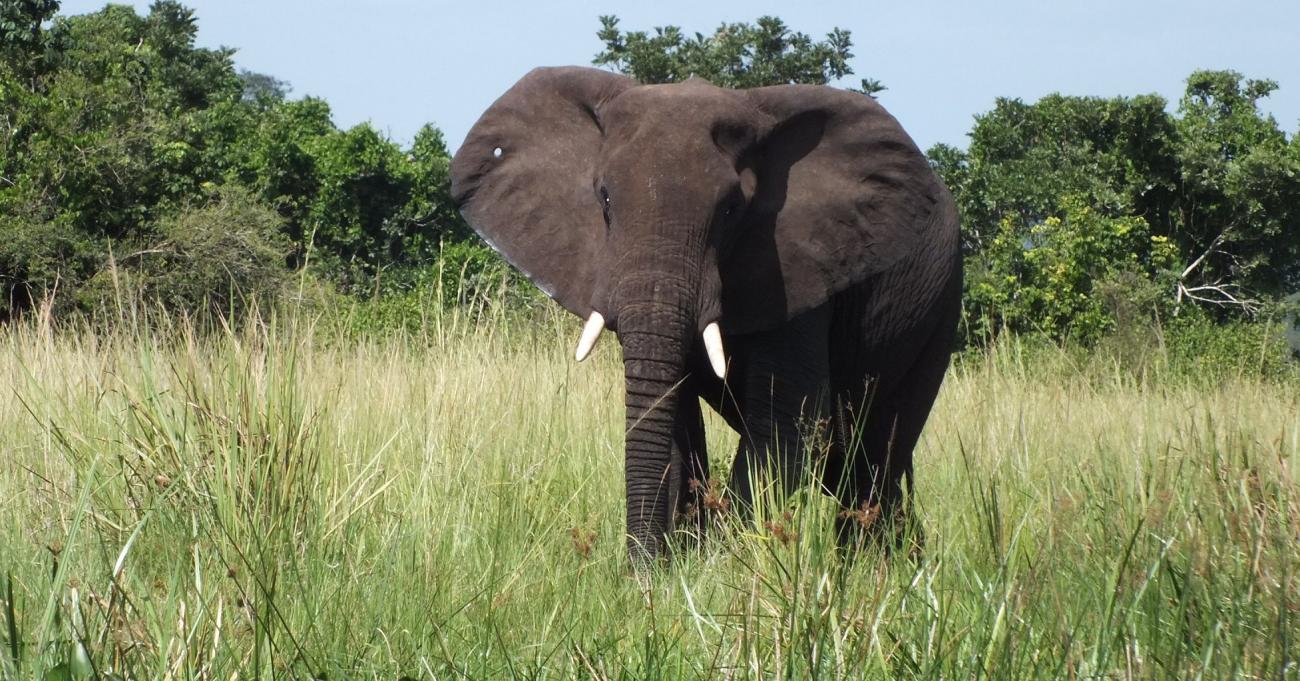Overstating wild animal roles in carbon capture may hinder, rather than facilitate, effective climate-mitigation and conservation efforts, according to researchers.
Prof Yadvinder Malhi, Ecosystems programme lead at the Environmental Change Institute, is part of a team of scientists who’ve written an article in the journal Nature Climate Change.
The two greatest environmental challenges of our time are global climate change and biodiversity loss, and it is attractive to look for synergies that can address both these challenges. This has generated support for nature-based solutions to climate change which, until recently, have largely focused on vegetation restoration and tree planting.
However, there are increasing news stories circulating on how conserving and restoring large animal wildlife, such as elephants and whales, can absorb carbon and bring climate change mitigation benefits.”

In the article the researchers inject a voice of caution. They say the science around wildlife providing climate benefits is generally weak and very context-dependent – in many cases animal wildlife like savanna elephants may reduce carbon stocks. Many widely reported studies are modelling studies which incompletely capture the many ecological processes at play – actual convincing field-based evidence is very rare – yet such studies get a disproportionate amount of media attention.
They show there is very selected media reporting of the minority of studies that suggest climate benefits of animal wildlife. The authors say:
There is a real danger that claimed climate benefits may not exist, leading to backlash and discrediting of otherwise creditable conservation and rewilding schemes when paid-for carbon benefits do not emerge.
Many vibrant ecosystems such as savannas and grasslands can have lower carbon stocks than similar ecologically degraded ecosystems. And excessive focus on carbon can encourage bioperverse outcomes, such as reducing animal wildlife abundance where it is seen to negatively impact carbon stocks. There are both practical and moral dangers around excessive “carbonisation” of wildlife that we need to be alert to.”
Read the full paper in Nature Climate Change: Resisting the carbonisation of animals as climate solutions
Watch this video explaining the issue.

